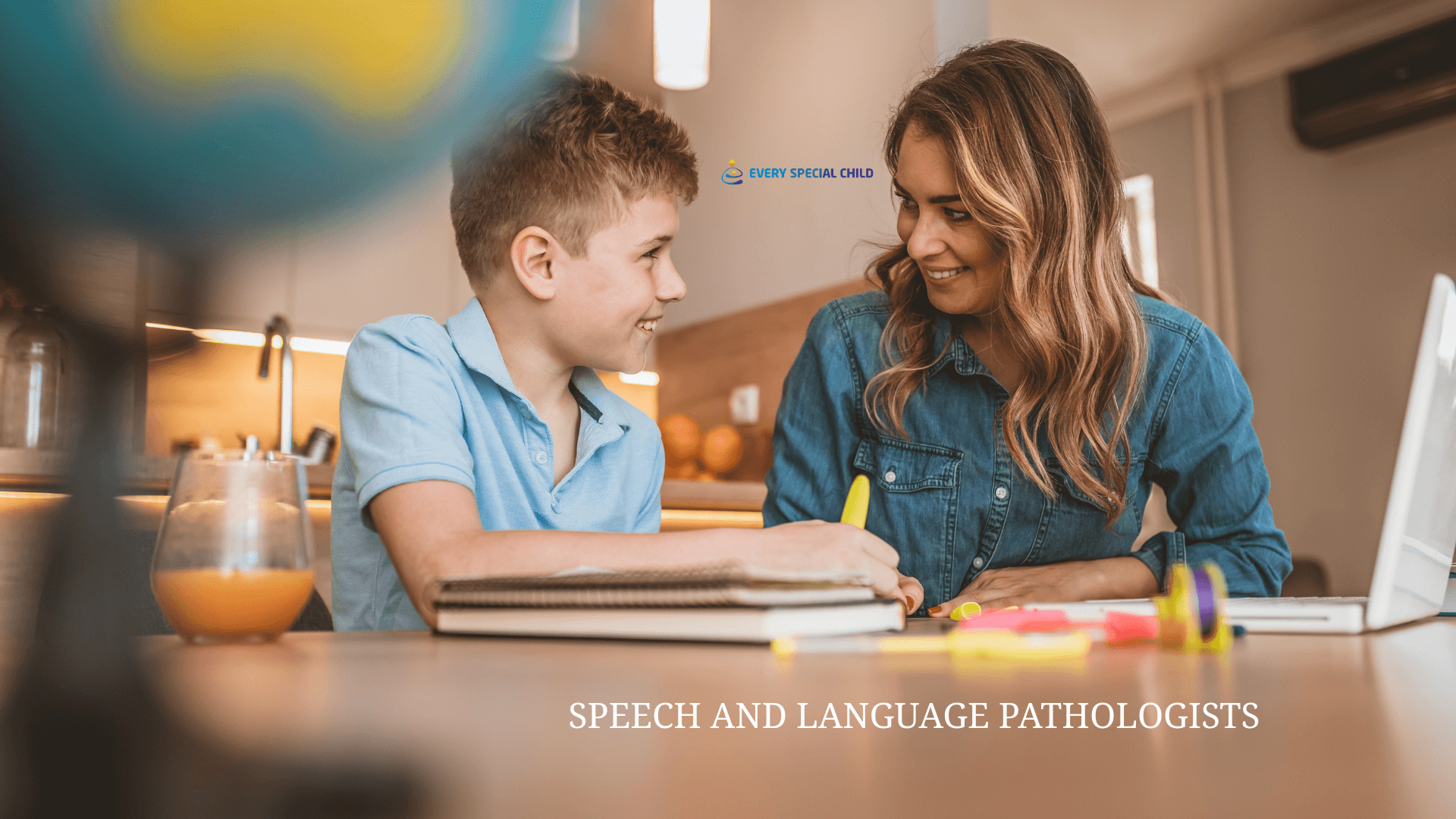Speech and Language Pathologists (SLPs) play a vital role in helping students overcome communication challenges that may impact their learning and daily interactions. Their work extends far beyond speech correction—they support academic achievement, social skills, and emotional confidence.
SLPs begin by assessing a student’s communication abilities, identifying difficulties in speech sounds, language comprehension, fluency, voice, or social communication. Based on these evaluations, they create individualised therapy plans tailored to each student’s needs. These plans often include activities to build vocabulary, improve sentence structure, strengthen articulation, or support clearer and more fluent communication. Read More
In classroom settings, SLPs collaborate closely with teachers, special educators, and families to ensure that students receive consistent support. They may provide direct one-on-one therapy, small group sessions, or in-class services to help students practise communication skills in real-life scenarios. Their involvement helps students participate more confidently in discussions, follow instructions, express their thoughts, and build meaningful peer relationships.
For students with more complex needs, such as autism or developmental delays, SLPs introduce Augmentative and Alternative Communication (AAC) tools—like communication boards, apps, or devices—to enhance expressive abilities. They also coach teachers and families on how to use these tools effectively.
Through early intervention, consistent guidance, and evidence-based strategies, Speech and Language Pathologists empower students to overcome communication barriers. Their support not only enhances academic performance but also boosts self-esteem, independence, and long-term success.









